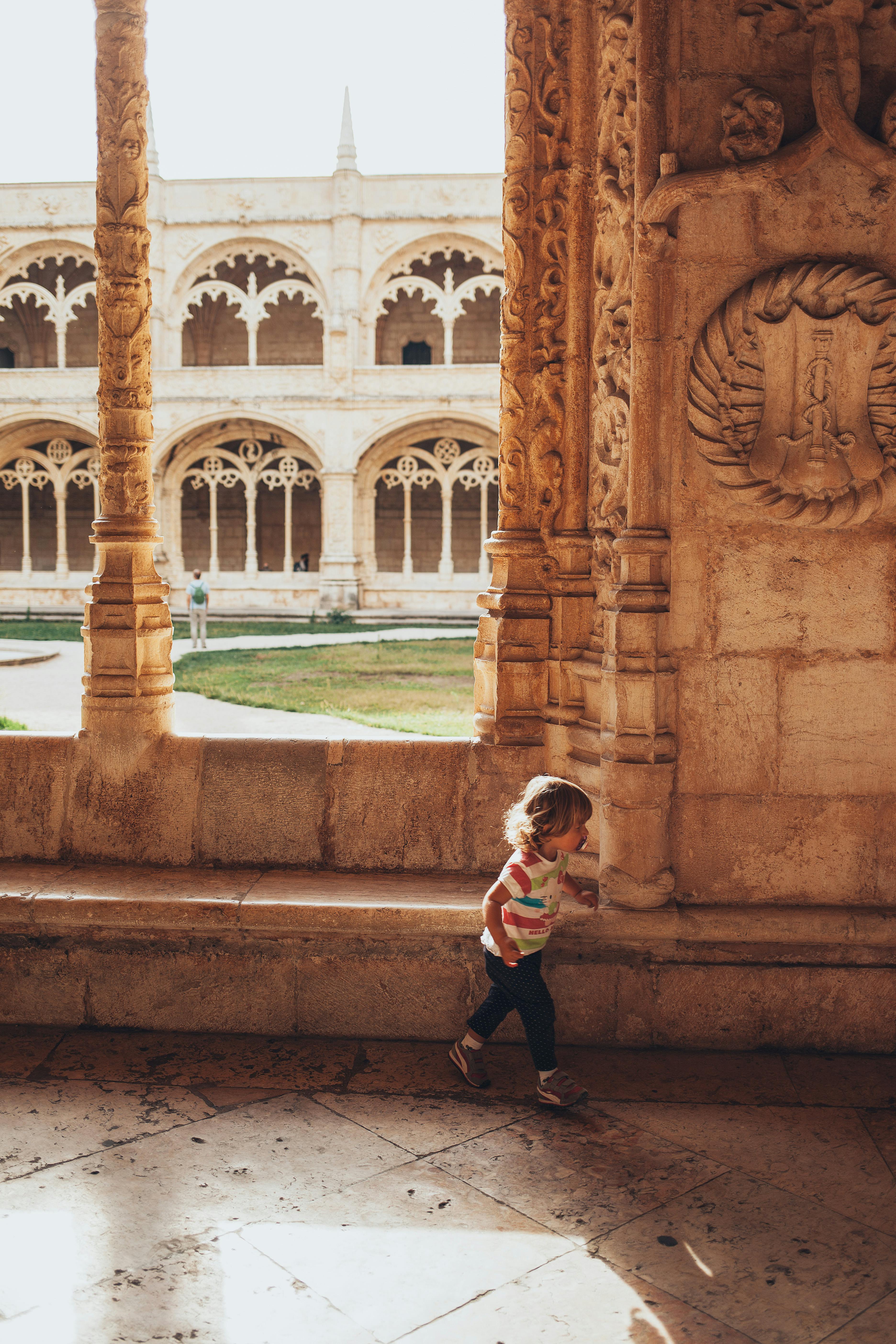Table of Contents
Establishing Emergency Protocols
One of the first steps in keeping your babysitter prepared for emergencies is to establish clear emergency protocols. This includes discussing with your babysitter what constitutes an emergency, how they should respond in different situations, and what steps they should take to ensure the safety of your children. It is important to provide your babysitter with detailed instructions on what to do in case of a fire, medical emergency, or severe weather event. By establishing these protocols ahead of time, you can ensure that your babysitter knows how to react quickly and appropriately in any emergency situation.
On-Demand Childcare in Your Neighborhood
Book a Sitter
Creating an Emergency Contact List
Another crucial aspect of emergency planning is creating an emergency contact list for your babysitter. This list should include contact information for you and other family members, as well as the contact information for emergency services such as the police, fire department, and poison control center. Make sure to provide your babysitter with a printed copy of this contact list and keep a digital copy easily accessible on their phone. In the event of an emergency, having a list of important contacts readily available can save precious time and help your babysitter respond effectively.
Providing First Aid Training
One of the most important skills that a babysitter can have is knowledge of first aid techniques. By providing your babysitter with first aid training, you can ensure that they are equipped to handle minor injuries and medical emergencies that may occur while you are away. Consider enrolling your babysitter in a certified first aid course or providing them with a basic first aid kit and instructions on how to use it. Knowing how to administer first aid can make a significant difference in the outcome of an emergency situation, so it is essential to prioritize this training for your babysitter.

Practicing Emergency Drills
Practice makes perfect, and this holds true for emergency planning as well. It is essential to practice emergency drills with your babysitter to ensure that they are familiar with the emergency protocols and know how to respond effectively in different situations. Consider conducting drills for fire evacuations, severe weather events, and medical emergencies to give your babysitter hands-on experience in handling these situations.
By practicing emergency drills regularly, you can increase your babysitter’s confidence and preparedness in the face of an emergency.
Ensuring Communication and Updates
Finally, it is crucial to maintain open communication with your babysitter and provide regular updates on any changes to your emergency plans. Keep your babysitter informed about any new contact information, emergency protocols, or first aid techniques that they need to be aware of. Encourage your babysitter to ask questions and seek clarification on any aspects of the emergency plan that they are unsure about. By fostering a culture of communication and continuous learning, you can ensure that your babysitter remains prepared and ready to handle any emergency that may arise.
In conclusion, emergency planning is a vital aspect of keeping your babysitter prepared for any situation. By establishing clear emergency protocols, creating an emergency contact list, providing first aid training, practicing emergency drills, and ensuring communication and updates, you can ensure that your babysitter is equipped to handle emergencies effectively. Remember that preparedness is key when it comes to protecting your children and providing your babysitter with the tools and knowledge they need to respond to emergencies confidently. By taking the time to prioritize emergency planning, you can rest assured knowing that your babysitter is ready to handle any situation that comes their way.









